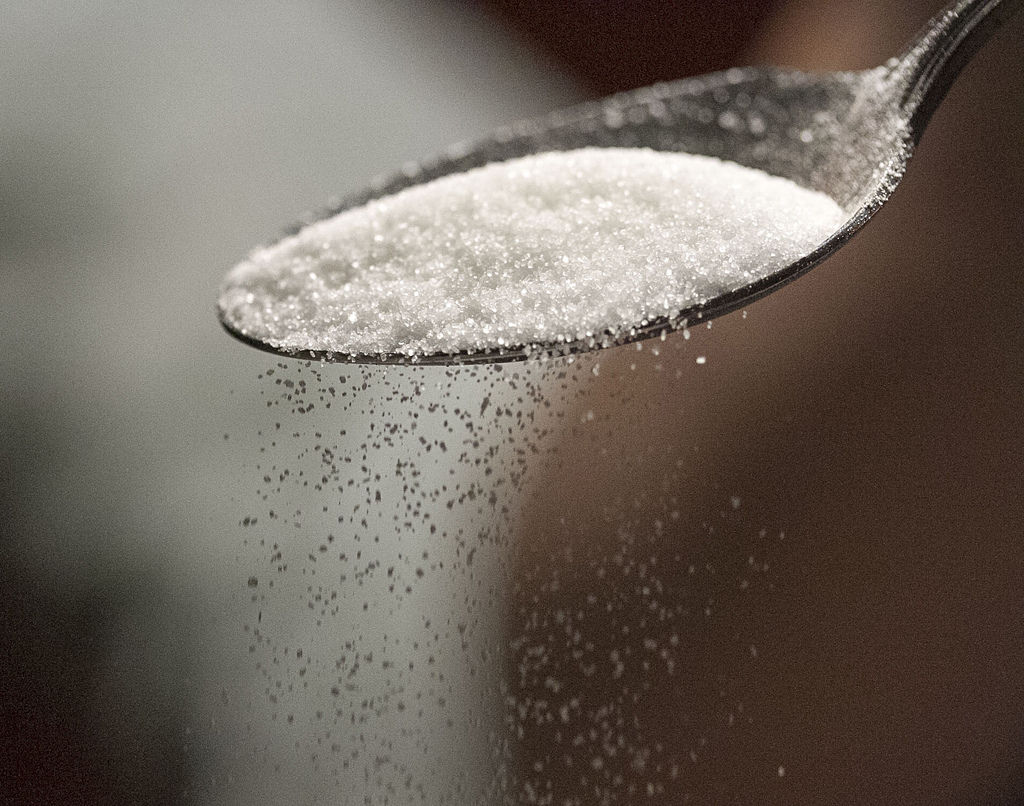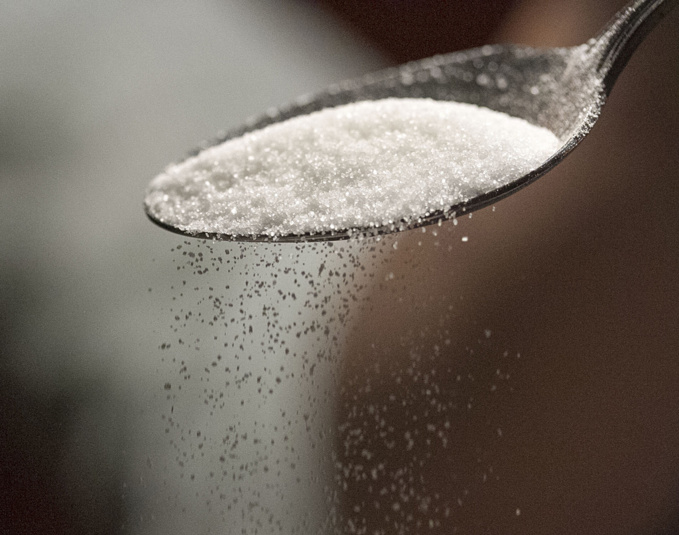Scientists and doctors struck a blow at sugar manufacturers. They are beating records of sugar production, but still receiving less money. Prices for sugar fell as a result of reduced demand. The food industry, following recommendations of scientists and public demands, is increasingly moving to sugar substitutes, with which it is possible to combat diabetes, obesity and cardiovascular diseases.
Now, producers of sugar feel unlucky. Prices for their products are collapsing while prices for other agricultural products, such as wheat and corn, are climbing up. They took off because of fears of poor harvest caused by heat in Europe and Asia.
Futures for maize and wheat rose 2% and 28%, respectively, but for sugar they fell 30.5% to 10.5 cents per pound (450 grams) at ICE Futures U.S. This year, sugar was the most "bad" product in terms of prices. And experts forecast the trend will continue.
However, the dynamics of prices manifests itself in different regions in different ways. The situation will benefit consumers in Europe, Canada and some regions of Asia, but will turn worse in the US, China and Japan. The main producers of sugar, first of all, Brazil, will lose as well.
The problem with sugar lies in changes in consumer preferences. They are massively refusing sweet drinks in favor of sugar-free iced teas and numerous varieties of seltzer water. Suffice it to say that sales of soft drinks fell by $ 1.2 billion in the US over the past five years, according to the Susquehanna Financial Group. At that, sales of clear water increased by 1.4 billion.
Trying to return the lost profit, Coca-Cola presented new types of Diet Coke with different flavors for the first time in its history. In the last quarter, double-digit growth in sales of sugar-free Coca-Cola was recorded, while sales of the beverage with sugar grew just by 3%.
In Spain, PepsiCo lowered sugar content in its beverages by 29% compared to 2006 and is working to reduce the energy value of two-thirds of its soft drinks to 100 calories.
In July, the largest European sugar producer Südzucker and an Israeli company DouxMatok launched a joint advertising campaign to promote a product, which increases sweetness of sugar. The replacement will reduce the sugar content in foods by an average of 40%. At the same time, consumers will not notice the difference in the taste of products.
"The consumption of sugar in Europe and the US has not been growing for years," explains Judith Ganes, president of the research company J. Ganes Consulting LLC. "And it is unlikely to grow in the near future because of development of alternative sweeteners."
Yet, the supply is growing despite the obvious decline in demand. According to the latest data of the International Sugar Organization, a record demand is expected to exceed the supply this year. The picture will not change in the next year. This means that it takes a long time to eliminate excess sugar. Experts of the consulting company Green Pool Commodity Specialists a record surplus of sugar in the amount of 19 million tons forecast in 2018.
The situation is obvious, but sugar producers are not going to slow down. For instance, Indian farmers are expanding the sugar cane acreage. Most recently, the Indian government has taken a number of measures aimed at increasing sugar production. All this is happening despite the fact that India (by the way, inferior in terms of production only to Brazil), will produce 6.5 million tons more sugar than required for domestic consumption in this financial year, which ends September 30. Of course, the producers of substitutes, and these are the largest food companies, are strong lobbyists and were able to play well on the flaws of natural sugar. Still, natural is natural and it is also in demand today, so - why give up?
source: wsj.com
Now, producers of sugar feel unlucky. Prices for their products are collapsing while prices for other agricultural products, such as wheat and corn, are climbing up. They took off because of fears of poor harvest caused by heat in Europe and Asia.
Futures for maize and wheat rose 2% and 28%, respectively, but for sugar they fell 30.5% to 10.5 cents per pound (450 grams) at ICE Futures U.S. This year, sugar was the most "bad" product in terms of prices. And experts forecast the trend will continue.
However, the dynamics of prices manifests itself in different regions in different ways. The situation will benefit consumers in Europe, Canada and some regions of Asia, but will turn worse in the US, China and Japan. The main producers of sugar, first of all, Brazil, will lose as well.
The problem with sugar lies in changes in consumer preferences. They are massively refusing sweet drinks in favor of sugar-free iced teas and numerous varieties of seltzer water. Suffice it to say that sales of soft drinks fell by $ 1.2 billion in the US over the past five years, according to the Susquehanna Financial Group. At that, sales of clear water increased by 1.4 billion.
Trying to return the lost profit, Coca-Cola presented new types of Diet Coke with different flavors for the first time in its history. In the last quarter, double-digit growth in sales of sugar-free Coca-Cola was recorded, while sales of the beverage with sugar grew just by 3%.
In Spain, PepsiCo lowered sugar content in its beverages by 29% compared to 2006 and is working to reduce the energy value of two-thirds of its soft drinks to 100 calories.
In July, the largest European sugar producer Südzucker and an Israeli company DouxMatok launched a joint advertising campaign to promote a product, which increases sweetness of sugar. The replacement will reduce the sugar content in foods by an average of 40%. At the same time, consumers will not notice the difference in the taste of products.
"The consumption of sugar in Europe and the US has not been growing for years," explains Judith Ganes, president of the research company J. Ganes Consulting LLC. "And it is unlikely to grow in the near future because of development of alternative sweeteners."
Yet, the supply is growing despite the obvious decline in demand. According to the latest data of the International Sugar Organization, a record demand is expected to exceed the supply this year. The picture will not change in the next year. This means that it takes a long time to eliminate excess sugar. Experts of the consulting company Green Pool Commodity Specialists a record surplus of sugar in the amount of 19 million tons forecast in 2018.
The situation is obvious, but sugar producers are not going to slow down. For instance, Indian farmers are expanding the sugar cane acreage. Most recently, the Indian government has taken a number of measures aimed at increasing sugar production. All this is happening despite the fact that India (by the way, inferior in terms of production only to Brazil), will produce 6.5 million tons more sugar than required for domestic consumption in this financial year, which ends September 30. Of course, the producers of substitutes, and these are the largest food companies, are strong lobbyists and were able to play well on the flaws of natural sugar. Still, natural is natural and it is also in demand today, so - why give up?
source: wsj.com



















